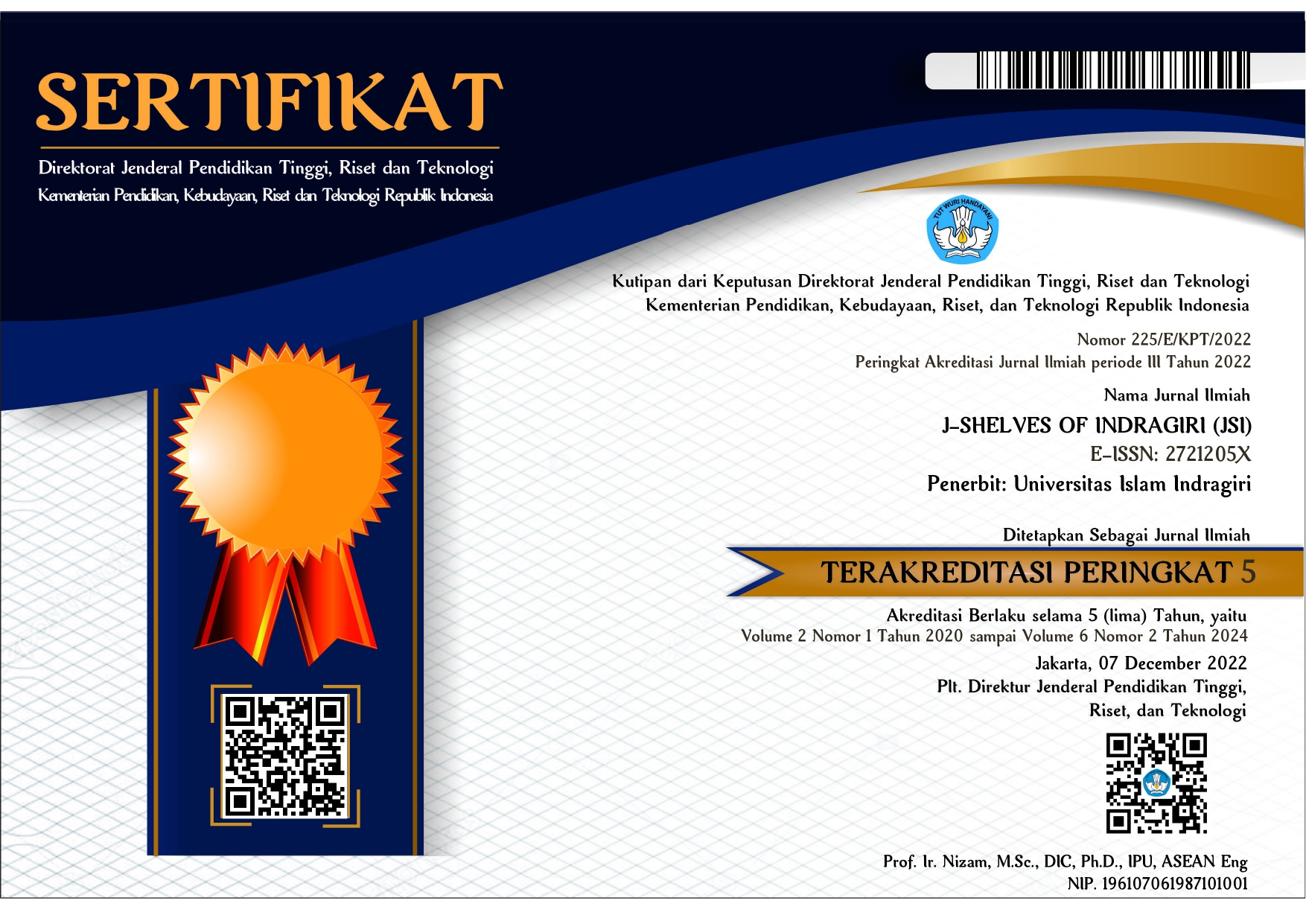DIGITAL-BASED ASSESSMENT IN BUSINESS ENGLISH CLASSROOMS: A PATHWAY TO MORE EFFECTIVE EVALUATION
DOI:
https://doi.org/10.61672/jsi.v7i1.2953Abstract
Assessment in English for Specific Purposes (ESP) such as Business English must address the need for authentic and practical language use in professional contexts. However, traditional paper-based assessments often fall short in reflecting real-world communication tasks. With the rise of digital technology and the shift toward online learning, especially during the COVID-19 pandemic, integrating digital-based assessment has become both a necessity and an opportunity in higher education. Yet, limited empirical research exists on how such assessments are perceived and implemented in the Indonesian context. This study aims to explore the implementation of digital-based assessment in a Business English classroom at a private university in Indonesia. Specifically, it investigates how digital tools affect student engagement, the authenticity of assessments, and the challenges experienced by both instructors and students. A qualitative research design was employed, using semi-structured interviews, classroom observations, and document analysis of student assignments and feedback. The participants consisted of one lecturer and twenty-five undergraduate students enrolled in a Business English course. The findings show that digital-based assessment significantly improves student engagement by enabling timely feedback and fostering an interactive learning environment. Students valued platforms like Google Classroom for providing real-time input that helped them revise and improve their performance. Moreover, digital tools enhanced the authenticity of tasks such as business emails, virtual negotiations, and presentations, making assessments more reflective of real-world scenarios. However, challenges were also evident, including digital literacy gaps, limited technological access, and unstable internet connections. Both students and the instructor expressed the need for more structured support and training to optimize the use of digital tools in assessment. In conclusion, digital-based assessment offers clear advantages in terms of engagement and authenticity in Business English instruction. Nonetheless, its effectiveness depends on institutional support, teacher readiness, and student digital competence. Strategic planning, infrastructure development, and targeted professional development are essential to fully harness the benefits of digital assessment while minimizing its barriers.
Downloads
Published
Issue
Section
License
Copyright (c) 2025 Dwita Laksmita Rachmawati

This work is licensed under a Creative Commons Attribution 4.0 International License.










